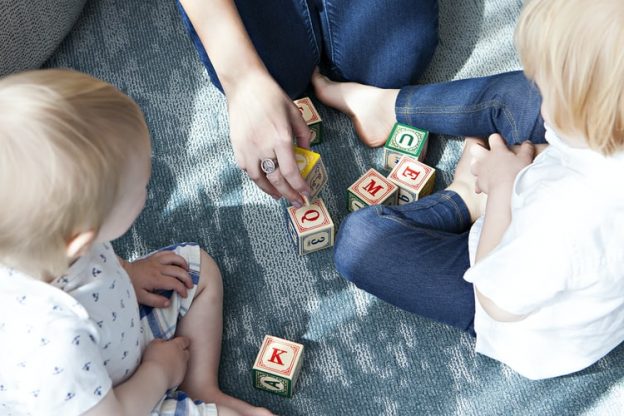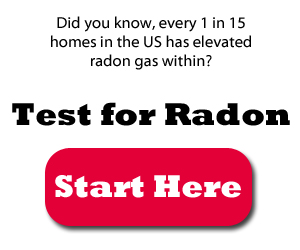As parents, aside from your child’s growth, their safety is also your top priority. You want to provide them with a home that is free from any risk. But as they grow older, their surroundings change. It is no longer just your home. You bring them to parks and child care centers. Therefore, it is necessary to know if these places are making an effort to keep your kids away from danger. One of which is by undergoing radon testing.
One of the first places where you bring your kids is child care centers. These facilities are not different from your homes and workplaces. They are susceptible to having high radon levels because of the indoor setting. To give you more idea of these child care centers, here are some facts and why they should do a radon test.
What are Child Care Centers?
Child care is the act of looking after the kids while their parents are away. It is familiar to children below 18 years of age. You can choose from different types depending on what is the most comfortable for you. Family child care homes, preschool programs, school-age programs, family, friend and neighbor care, and child care centers.
Family child care homes and family, friend, and neighbor care are often done in residential buildings to differentiate the types further. At the same time, preschool programs and school-age programs are offered when your kids are about to go schooling or are already attending one. Lastly, child care centers are the ones that are situated in commercial buildings.
Are child care centers important?
Compared to the child care in residential buildings, child care centers are more prominent in scale. They are supporting more children. They have additional adults to supervise the kids. Grouping the kids according to their age helps them to attend to all of their needs. They teach them how to socialize with others and give them emotional support.
Why Should Child Care Centers Get Tested for Radon?
Child care centers are often located on the lower floors of the building. It is easier for kids to access them and much safer than the higher floors. However, it is more prone to accumulating radon which is why they need to have radon testing.
Radon is a natural gas that can be dangerous to the human body. It comes from the decay of uranium. It seeps in the cracks of walls and foundation joints. This gas travels from the bottom going to the top. If it gets trapped inside a building, the people inside will get exposed to it and develop health complications. If adults are affected by it, the children are not exempted. They are more vulnerable.
Children are vulnerable.
Children have developing lungs that make them more sensitive to pollutants. They breathe faster, which makes the chances even higher. Aside from radon, pollutants like the smoke from tobacco also contribute to developing lung cancer. In addition, lung cancer is not the only illness that kids can get when exposed to radon. They can have childhood acute lymphoblastic leukemia (ALL) as well.
Nonetheless, local authorities have regulations when it comes to these child care centers. Some of them are required to get licensed. They are inspected for health and safety compliance. There are guidelines regarding how and when to get a radon test. When signing up your kids, you may want to check if they have passed these qualifications to ease your worries.
The environment where the kids learn is a significant factor in their overall well-being. Learning should be fun for kids. It should be free from stress and harm. Just like other schools and learning facilities, child care centers should also do radon testing. It is good to know that the establishments where your children are staying are free from radon. It will not only keep you from being anxious but also keep them in good health.



